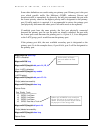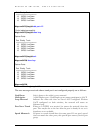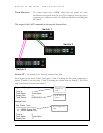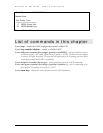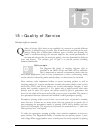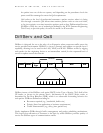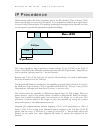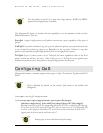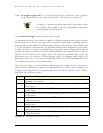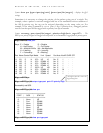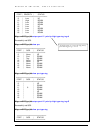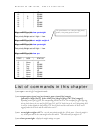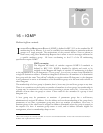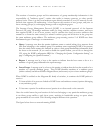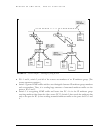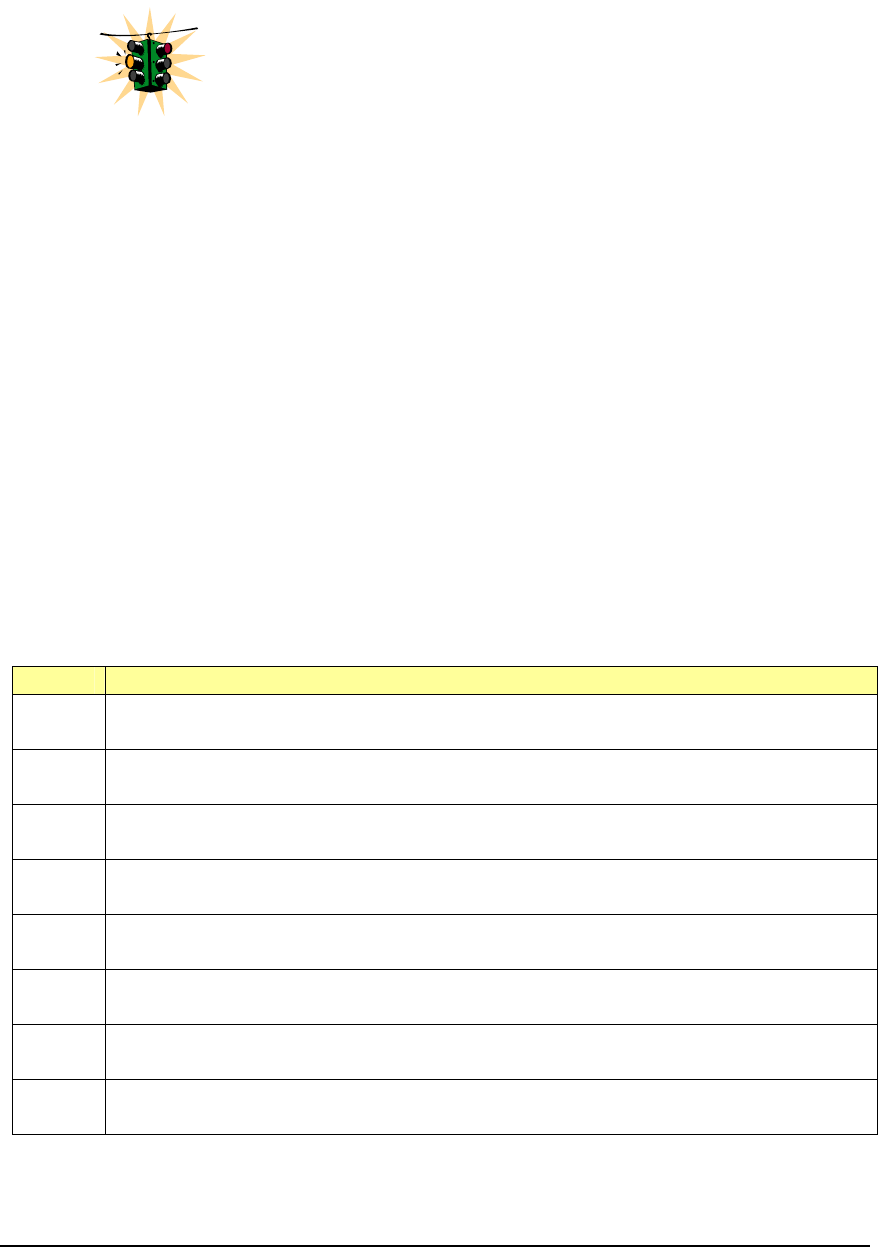
MAGNUM 6K SWITCHES, MNS-6K USER GUIDE
Syntax set-weight weight=<0-7> - sets the port priority weight for All the ports. Once the weight is
set, all the ports will be the same weight across the switch. The valid value for weight is 0-7.
A weight is a number calculated from the IP precedence setting
for a packet. This weight is used in an algorithm to determine
when the packet will be serviced
Syntax show-portweight - display the weight settings on a port
As mentioned previously, the switch is capable of detecting higher-priority packets marked
with precedence by the IP forwarder and can schedule them faster, providing superior
response time for this traffic. The IP Precedence field has values between 0 (the default) and
7. As the precedence value increases, the algorithm allocates more bandwidth to that traffic
to make sure that it is served more quickly when congestion occurs. Magnum 6K family of
switches can assign a weight to each flow, which determines the transmit order for queued
packets. In this scheme, lower weights (set on all ports) are provided more service. IP
precedence serves as a divisor to this weighting factor. For instance, traffic with an IP
precedence field value of 7 gets a lower weight than traffic with an IP Precedence field value
of 3, and thus has priority in the transmit order.
Once the port weight is set, the hardware will interpret the weight setting for all ports as
outlined below (assuming the queues are sufficiently filled – if there are no packets, for
example, in the high priority queue, packets are serviced on a first come first served - FCFS -
basis from the low priority queue).
Setting Hardware traffic queue behavior
0 No priority – traffic is sent alternately from each queue and packets are queued
alternately in each queue
1 Two packets are sent from the HIGH priority queue and one packet from LOW
priority queue
2 Four packets are sent from the HIGH priority queue and one packet from LOW
priority queue
3 Six packets are sent from the HIGH priority queue and one packet from LOW
priority queue
4 Eight packets are sent from the HIGH priority queue and one packet from
LOW priority queue
5 Ten packets are sent from the HIGH priority queue and one packet from LOW
priority queue
6 Twelve packets are sent from the HIGH priority queue and one packet from
LOW priority queue
7 All packets are sent from the HIGH priority queue and none are sent from
LOW priority queue
FIGURE 111 - Port weight settings and the meaning of the setting
190



